It's a factory of superlatives: 35,000 m2 of factory space, 30,000 m2 of storage, 650 employees. It was designed to produce up to 600,000 bicycles per year. The largest bicycle assembly plant in France, the Manufacture Française du Cycle is celebrating its 100th anniversary this year. However, the adventure could have ended in 2012 with the bankruptcy of Cycleurope, then owner of the Machecoul-Saint-Même site (Loire-Atlantique).
The Intersport cooperative then took a gamble by taking over the company and naming it Manufacture française du cycle (MFC). "It wasn't natural for us to take over an industrial site, very far removed from our core business as distributors," Gérard Leclerc, CEO of Intersport France & Belgium, told us. But with the rising cost of transporting bikes from China, we opted for assembly in France."
Checking the e-bikes at the end of assembly. © JSZ/01net.com
The electric bet
As soon as it took over the factory, Intersport made another bet: investing massively in e-bike assembly. "In 2012, 2.7 million muscle bikes were sold in France and only 56,000 electric-assisted bicycles (EABs)" (EABs), recalls the CEO. But the former market was in slight recession while the latter had increased by 17% compared to the previous year. We thought there was a card to play there." A winning bet since by 2024, Intersport and MFC had become the number one electric bike manufacturer in France, as well as the leading assembler of all types of bicycles.
The road has been strewn with pitfalls since the company was founded in 1925, already in Machecoul. That year, Marcel Brunelière, a 32-year-old blacksmith-mechanic, launched his bicycle parts business. It was difficult to make a living from his first job, as farmers at the time could only pay him once a year, when their crops were sold. Given the success of his new business, he hired the young Eugène Redois, barely 18, who became his warehouseman-deliverer.
The legendary Cycles Gitane
The following year, the two partners began assembling bicycles. Their barn, located in the town's village, serves as their workshop, from which two to three bicycles emerge each day. All this under the watchful eye of a cow and a horse, according to Eugène Redois. Horses seem to follow the company, since it moved to a stable in 1928. Two years later, the ten workers officially assembled the bicycles under the legendary Gitane brand.
Nicknamed the Gypsy by his wife because he was always on the road for work, Marcel Brunelière chose this name to pay tribute to his wife. This would mark the beginning of a huge industrial and sporting adventure. The company became Micmo (Manufacture industrielle de cycles et de motocycles), then was sold to a new owner in 1966, the year the "Gypsy" retired. Ten years later, it fell under the Renault automobile company. She was at the origin of the Renault-Gitane cycling team, which made its mark between 1978 and 1982 thanks to the exploits of its riders Bernard Hinault, Laurent Fignon and Greg LeMond.
The 1980s then began to mark the decline of the company, which was then sold to Peugeot and the Basque company Beistegui Hermanos, who joined forces to create Cycleurope. The subsidiary that managed the Machecoul site then had to face fierce Asian competition and eventually filed for bankruptcy; with the consequences that we know since its acquisition by the distributors' cooperative.
200,000 e-bikes in 2022
"Since taking over the factory in 2013, Intersport has invested 40 million euros here," says David Jamin, Managing Director of the MFC. The main investment was the creation of the 30,000 m2 logistics area adjacent to the factory, which can deliver to warehouses and stores as well as consumers directly." So much so that in 2022, the most successful year in recent decades for the bicycle market, e-bike production even rose to 200,000 units at the Machecoul site.
The overhead assembly line was installed in 2022. © JSZ/01net.com
Today, although we are now far from that successful year, electric bikes represent half of the factory's total production, or 300,000 bikes in 2024, two-thirds of which are dedicated to Intersport (the rest is divided between the Sunn, Vélib', Naolib brands and distributors such as E.Leclerc, Coopérative U and Feu Vert). On the ten production lines, an overhead line has even been created. "It was installed in 2022 and represents an investment of around 300,000 euros," explains Romain Perrus, the site's operations director. The frames can be attached from the top and operators can walk around it without ever having to carry them." A perfect choice for e-bikes, which are heavier to handle, and which once again confirms the direction taken 13 years ago.

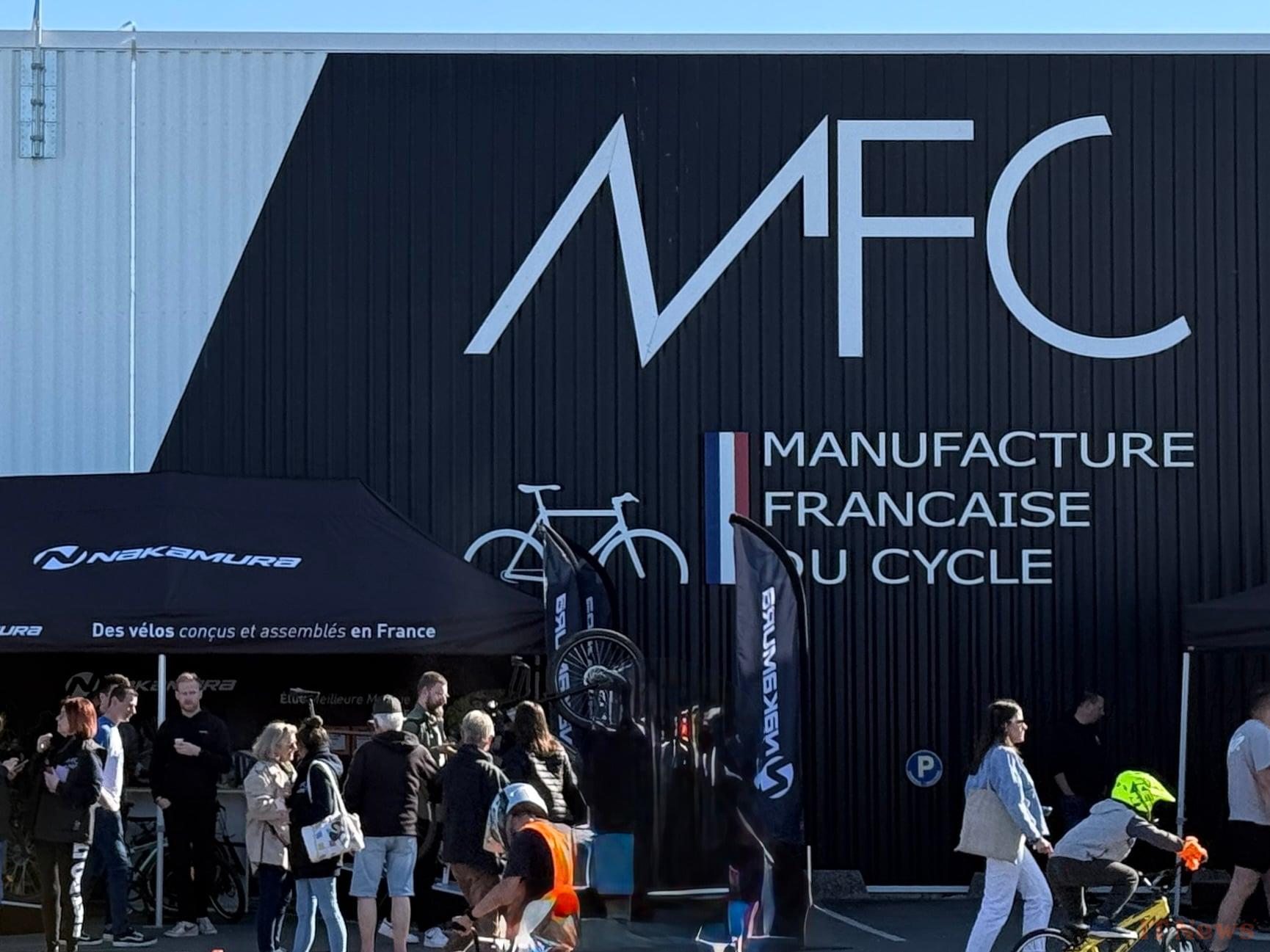
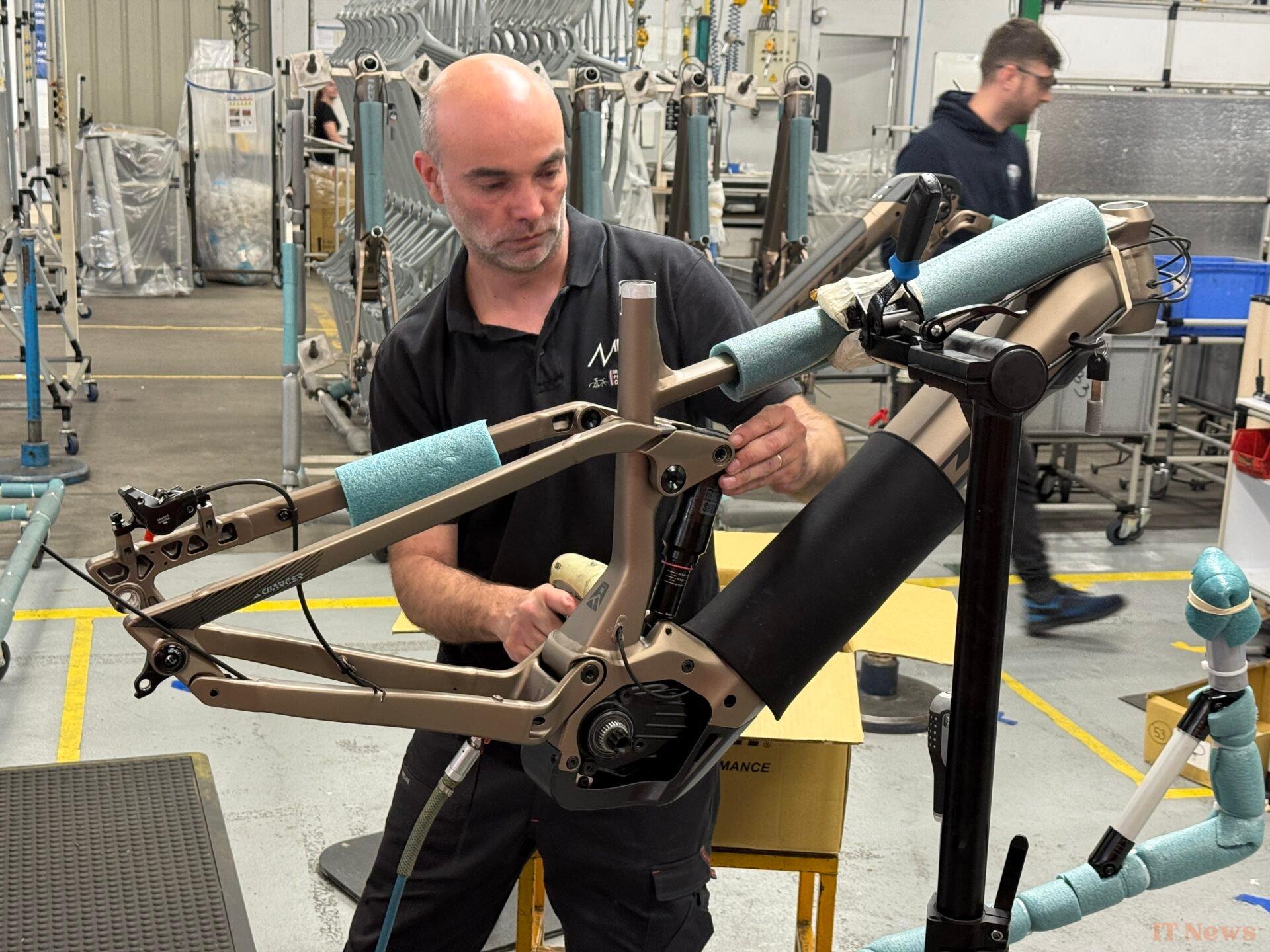
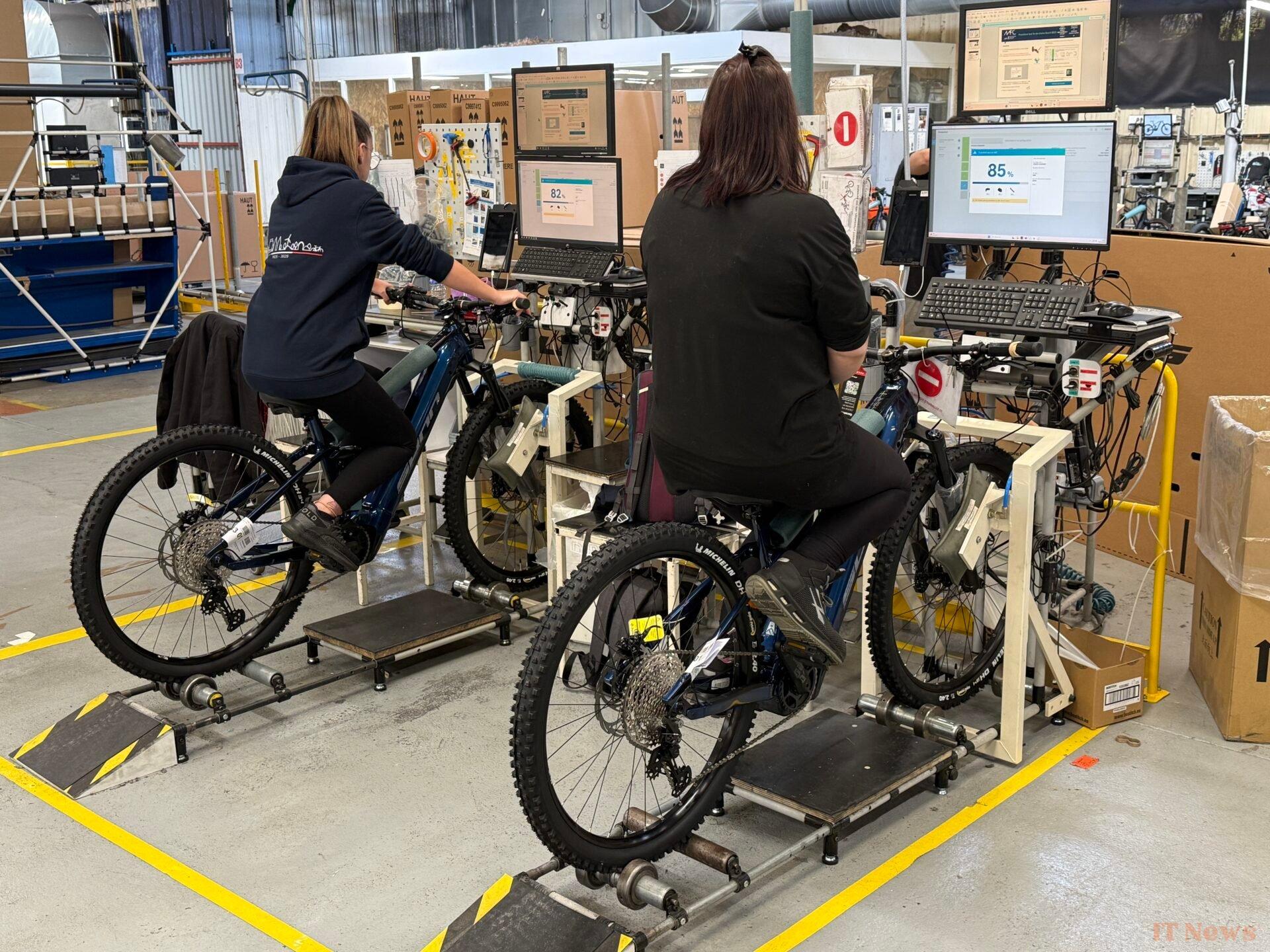
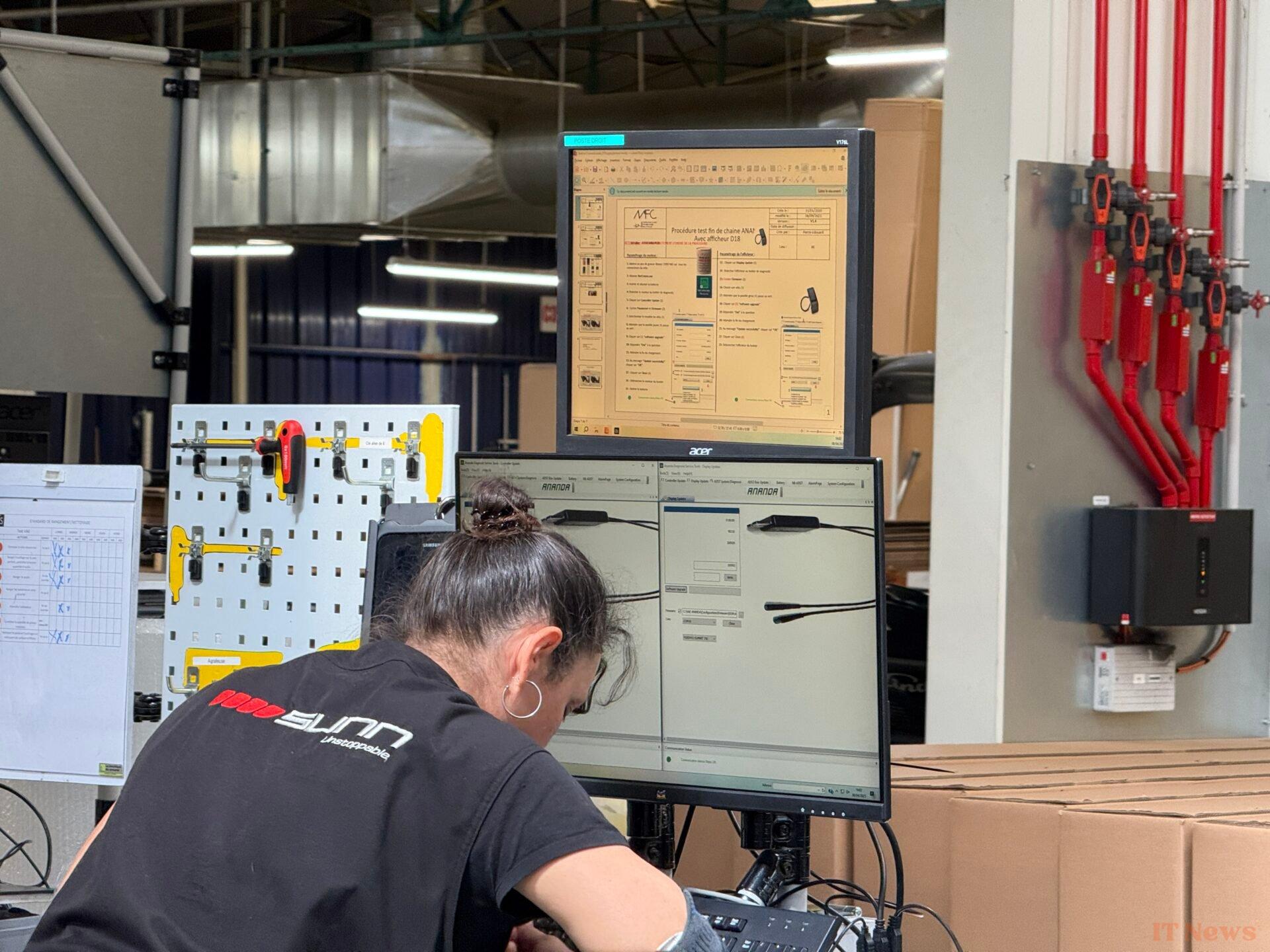
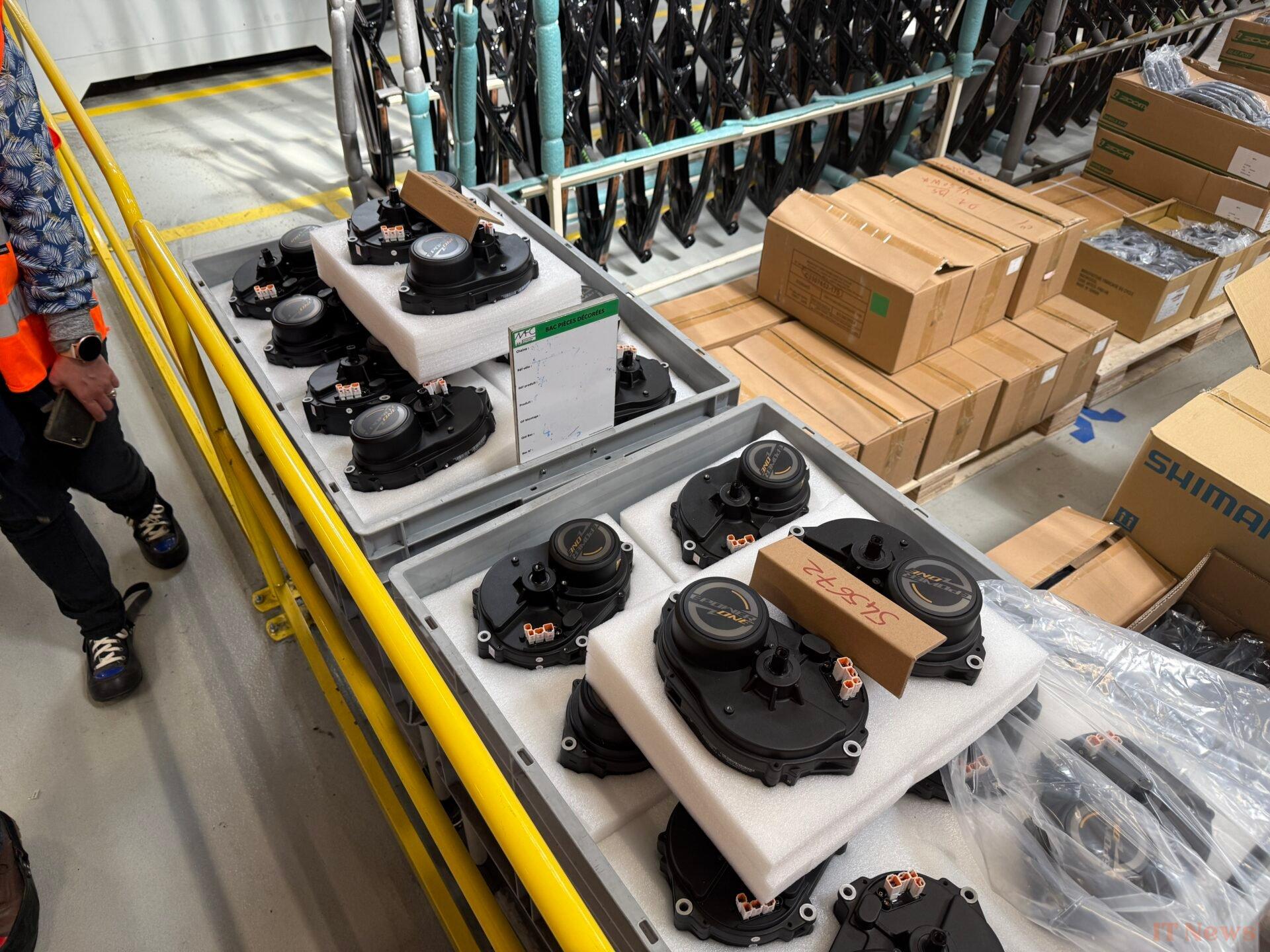
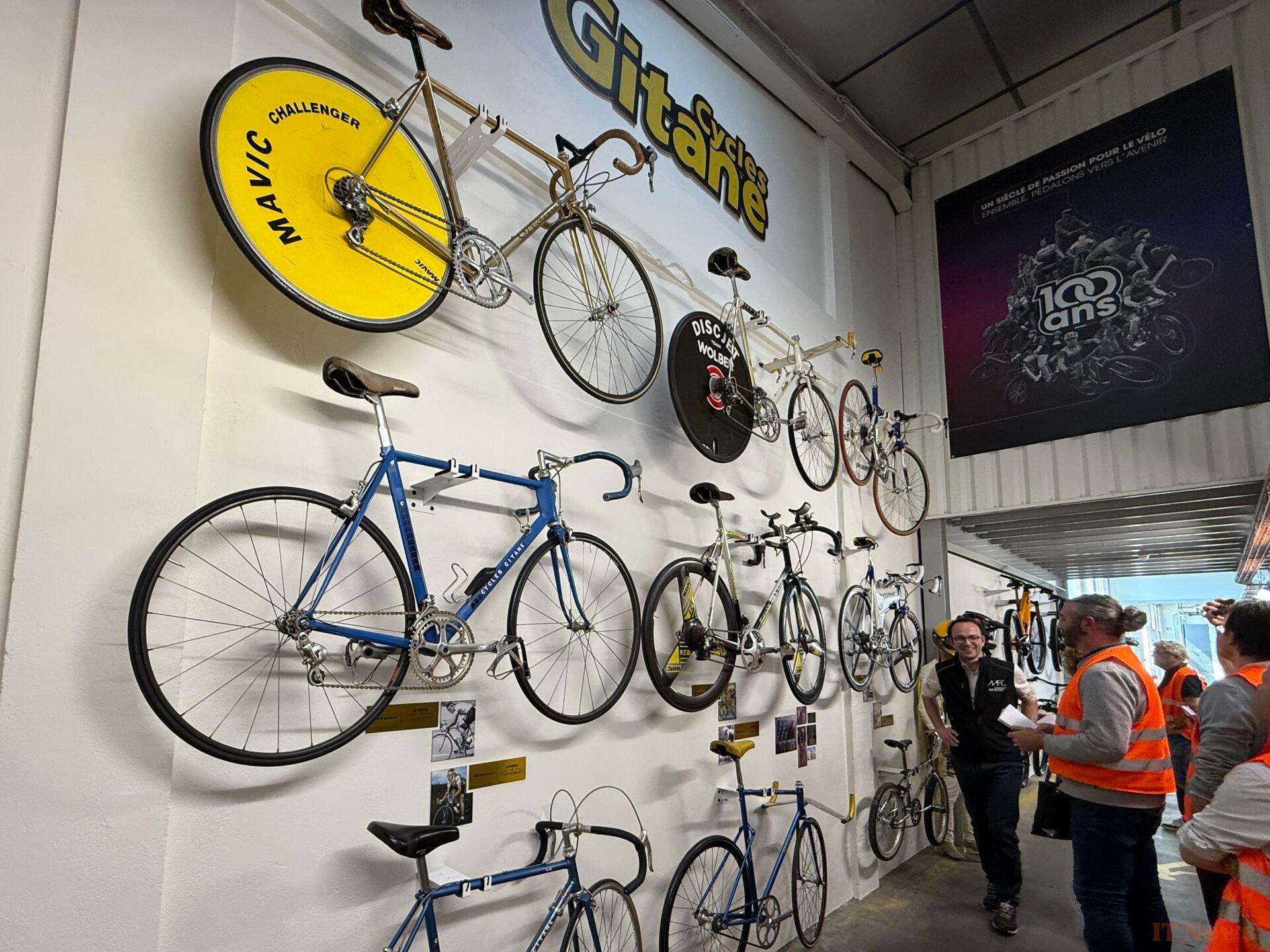
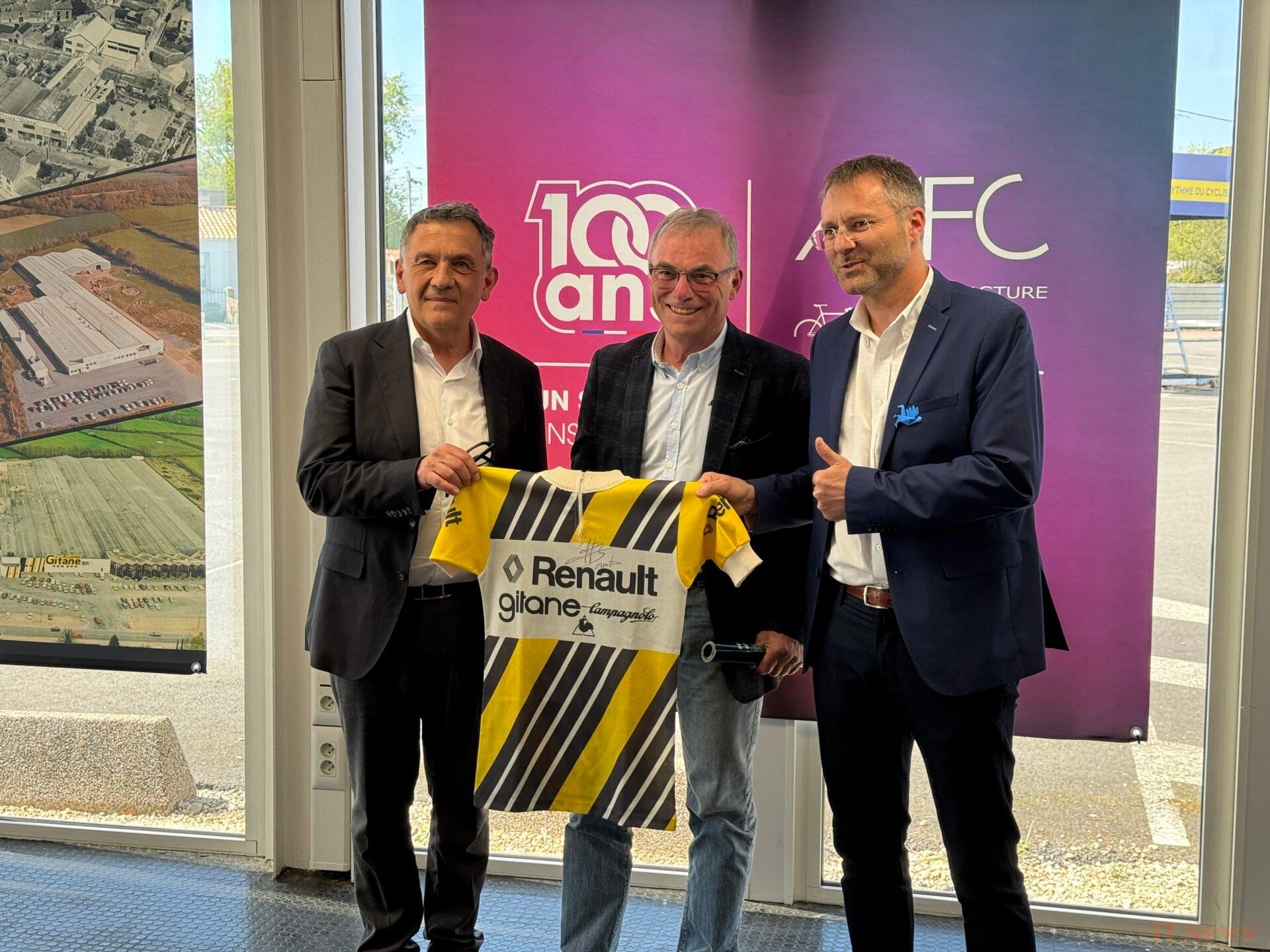

0 Comments